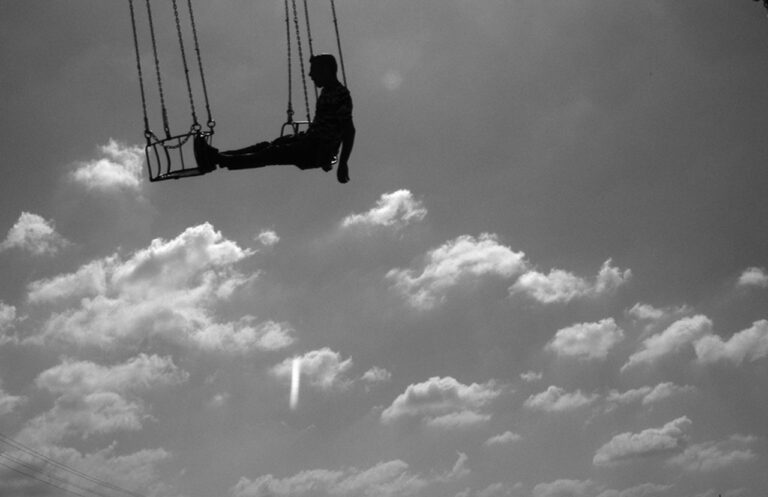The Psychology of Nostalgia in Entertainment: Why We Love Retro Trends
Nostalgia has long been a powerful emotion that creators and marketers have tapped into to evoke a sense of longing and connection with the past in entertainment. Through the presentation of familiar themes, characters, or settings, entertainment industries often bank on nostalgia to resonate with audiences on a deep emotional level, triggering memories and associations that can heighten the overall viewing or interactive experience.
The roots of nostalgia in entertainment can be traced back to the human desire for comfort and familiarity, especially during times of change or uncertainty. By incorporating elements from the past, whether through period settings, classic soundtracks, or retro fashion, entertainment content can act as a form of escapism, transporting viewers to a time when life may have seemed simpler or more idealized. This intentional triggering of nostalgia can create a strong bond between the audience and the content, fostering a sense of loyalty and engagement that can endure long after the viewing experience has ended.
The Impact of Nostalgia on Emotions
Nostalgia possesses a remarkable ability to evoke a wide range of emotions within individuals. When individuals immerse themselves in nostalgic experiences, their emotions often become heightened, leading to a flood of both positive and negative feelings. These emotions can vary from joy and happiness to sadness and longing, depending on the specific memories being recalled.
Moreover, the impact of nostalgia on emotions is deeply intertwined with one’s personal experiences and perceptions. Memories from the past have the power to trigger intense emotional responses, influencing the way individuals feel and behave in the present moment. This emotional connection to nostalgia can create a sense of comfort and familiarity, providing a means for individuals to navigate their complex emotions and find solace in the memories of yesteryears.
The Role of Memory in Nostalgic Responses
Nostalgia is a powerful emotional response that often transports individuals back to cherished moments from the past. This feeling is intricately tied to memory, as memories serve as the foundation upon which nostalgic responses are built. When triggered, memories associated with particular sights, sounds, or experiences can evoke a sense of longing and sentimentality that characterize nostalgia.
Memory plays a crucial role in shaping the way individuals perceive and react to nostalgic stimuli. The vivid recollection of past events, relationships, or places can elicit a range of emotions, from warmth and comfort to yearning and wistfulness. By tapping into our memories, nostalgia has the ability to transport us to a time when things felt simpler, happier, or more carefree, allowing us to relive those moments even if only in our minds.
What is nostalgia?
Nostalgia is a sentimental longing or wistful affection for the past, typically for a period or place with happy personal associations.
How does nostalgia impact emotions?
Nostalgia can evoke a range of emotions, including happiness, sadness, longing, and comfort. It has the power to transport individuals back to cherished memories from their past.
How does memory play a role in nostalgic responses?
Memory is essential in triggering nostalgic responses. When individuals recall memories from their past, it can evoke feelings of nostalgia and create a sense of connection to that time period.
Can nostalgia be beneficial?
Yes, nostalgia can be beneficial as it has the ability to provide comfort, boost mood, and enhance feelings of belonging and social connection. It can also serve as a coping mechanism during difficult times.







